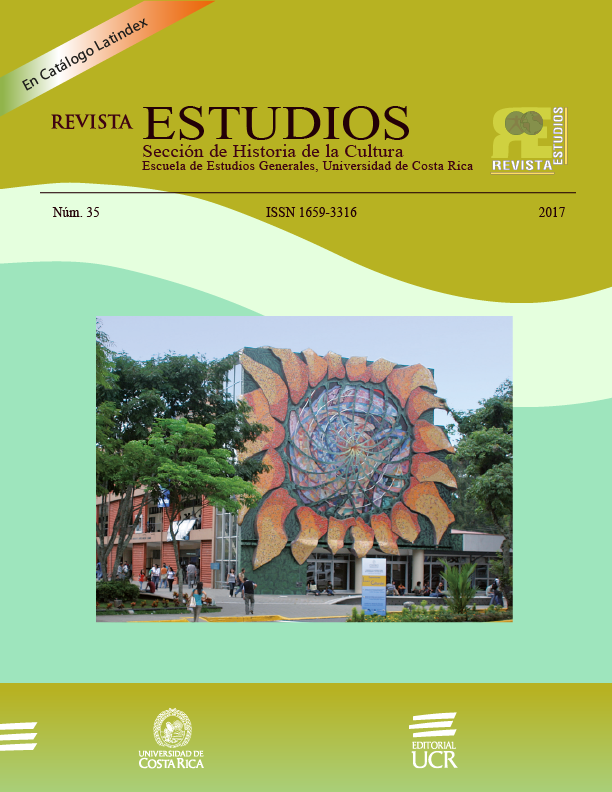Abstract
The collaborative spaces for social transformation are a proposal made by the authors with which they seek an approach and a different approach to the theories raised under the paradigm of modernity. Through an approach based on holism, complexity and systems theory, the bases for solidarity, respectful of otherness and inclusive spaces are given. The above implies ethical, aesthetic and political changes in the configurations in which they are developed. As this article seeks to present and offer a conceptual framework that facilitates a social transformation through collaborative spaces that are generated from different perspectives. With this proposal of collaborative spaces it is tried to approach the social configurations from a new perspective that includes the exercise of the human practices from the approach of the new paradigm. One of the main conclusions is that we recognize the importance of relationships that allow us to live in connection and recognition of otherness, from the complexity and also modifying the current social approach that is characterized by being individualistic and competitive.
References
Assmann, H. (2002). Placer y ternura en la educación. Madrid, España: Narcea Ediciones.
Boff, L; Muraro, R.M. (2004). Femenino y masculino. Una nueva conciencia para el encuentro de las diferencias. Madrid, España: Editorial Trotta S. A
Boff, L. (2002). Ecología: grito de la tierra, grito de los pobres. España: Editorial Trotta.
Bohm, D (1988). “La totalidad y el orden implicado”. Barcelona, España: Editorial Kairós.
Briggs, J; Peat, D (1990). Espejo y Reflejo del Caos al Orden. Barcelona: Editorial Gedisa.
Camacho, R. (2008). Mucho que ganar, nada que perder. Competencias: formación integral de individuos I. México: ST Editorial.
Capra, F. (1996). La Trama de la Vida: Una nueva perspectiva de los sistemas vivos. Barcelona: Editorial Anagrama.
Dereida, J; Inserra,G. (2004). Génesis puente de luz. Italia: Bandecchi & Vivaldi.
Dossey, L. (2004). El poder curativo de la mente: la salud más allá del cuerpo. México: Santillana.
Dumont, L. (1987). Ensayos sobre el individualismo. Madrid, Alianza Editorial.
Durkheim, E. (1985). División del trabajo social. Madrid, España: Akal.
Elizalde, A. (2003). Desarrollo humano y ético para la sustentabilidad. Chile: LOM Ediciones Ltda.
García, A. (2009). Género y desarrollo humano: una relación imprescindible. España: Agencia Española de Cooperación Internacional al Desarrollo (AECID)
García, M; Farley, V. (1980). Estructuras Disipativas: nociones básicas /1. En Revista El Basilisco. Vol 10. Mayo – Octubre. Disponible en: https://goo.gl/LuErcg
Gutiérrez, F; Prado, C (2015). Ecopedagogía y ciudadanía planetaria. Costa Rica: De La Salle Ediciones.
Gutiérrez, M. (Julio-diciembre, 2016). Jóvenes, literatura y derechos humanos: Una experiencia en las aulas de Humanidades. Revista humanidades, 6(2),1-31.doi:dx.doi.org/10.15517/h.v6i2.26749
Hock, D (2001). El nacimiento de la era caórdica. Barcelona, España: Editorial Granica.
Lederman, L. (1993). La partícula divina. España. Barcelona: Editorial Grijalbo Mondadori, S.A University Press.
Mejía, J. (1998). Individualismo y modernidad. Aspectos teóricos de lo público y lo privado. Investigaciones Sociales. 2(2). Lima, Perú: Pp. 179 – 196. Recuperado el 3 de marzo 2017. Disponible en: https://goo.gl/BRpIZP
Morin, E. (1994) Introducción al pensamiento complejo. Barcelona, España: Editorial Gedisa.
Najmanovich, D. (2015). Pensar la Complejidad. Clase 1. Seminario Virtual abril – mayo 2015. Universidad La Salle. Sin publicar.
Najmanovich, D. (2016). La construcción colectiva de la experiencia. Argentina: Editorial Biblos.
Payán, J. (2000). Lánzate al vacío, se extenderán tus alas. Colombia: Panamericana Formas e Impresos S.A.
Pereira, JM. (2010). Consideraciones básicas del pensamiento complejo de Edgar Morin, en la educación. En Revista Electrónica Educare Vol. XIX n. 1 (67 – 75). Enero Junio.
Sanabria, C. (Julio-diciembre, 2016). La palabra y el aire: Conjuros del alba de Jorge Chen-Sham. Revista humanidades, 6(2), 1-30. Recuperado de http://www.revistas.ucr.ac.cr/index.php/humanidades/article/view/26744
Varela, F. (2000). El fenómeno de la vida. Santiago, Chile: Dolmen Ediciones S.A

